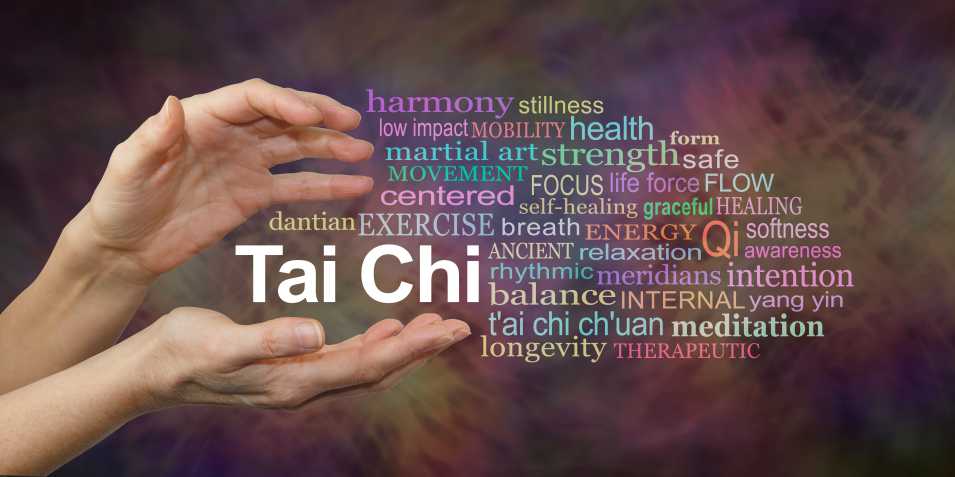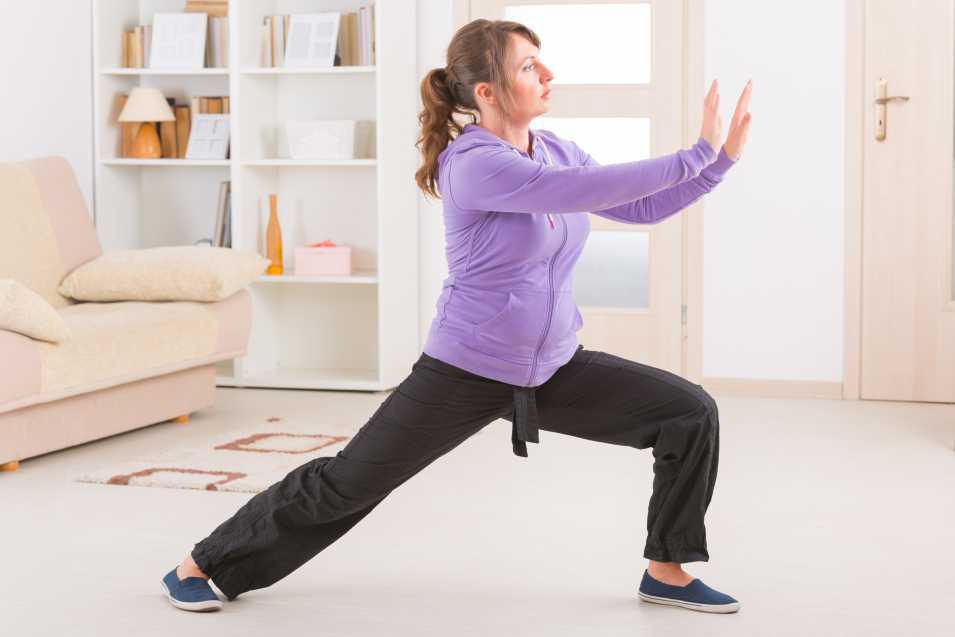Disadvantages of Tai Chi; Having trouble choosing which type of martial arts to study? There are many positive and negative factors to consider in this regard. The most important thing about it is the slowness of the movements, the time commitment and the cost. Now let’s examine the advantages and disadvantages of tai chi art in these aspects.
In the beginning, Tai Chi may cause some discomfort
The movements are difficult to master even though the art form does not in any way involve high levels of physical activity or aerobic exercise.
However, this is a manageable obstacle in the long run. It should get less unpleasant for you as you improve your fitness and become more accustomed to the movements as time goes on.
Advantages and Disadvantages of Tai Chi – Slow movements
Disadvantages of tai chi; Tai chi has slow movements, but there are other disadvantages. The slow movements are training tools. Some styles of tai chi include circular movements, while others emphasize fast, high-impact movements. Despite these limitations, Tai chi has gained popularity as a martial art, a sport, and a leisure activity worldwide. Even if Tai chi’s slow movements are an issue for some, others can’t live without them.

Advantages of tai chi; Despite the slow movements of Tai chi, it has a lot of benefits. It improves the body’s health and strengthens muscles. It also relaxes the mind and enhances bodily functions. Although Tai chi’s movements are considered slow, it is an excellent form of exercise.
What happens if you do Tai Chi everyday?
You will experience many physical and mental benefits if you practice Tai Chi every day. It incorporates slow, gentle movements that are easy on the joints, making it suitable for people of all ages and fitness levels.
Studies have shown that regular practice of Tai Chi can boost mental and physical health by lowering stress and anxiety and increasing strength, flexibility, and endurance. It may also aid in reducing blood pressure, enhancing the quality of sleep, and decreasing the likelihood of falls in the elderly.
However, it is important to learn proper form and technique from a qualified instructor to maximize the benefits and minimize the risk of injury.
Disadvantages of Tai Chi – Time commitment
The time it takes to practice tai chi is a major drawback. It takes about six months to learn the basics, two to three years to master the major components, and thousands of hours to become an advanced practitioner. It may be challenging to find the time in your hectic schedule for this, but the benefits will be well worth the effort. Tai chi is an activity that improves your health and fitness.
Taijiquan training can’t be approached piecemeal; it’s best approached methodically. You should start with basic movements and build on them until you fully understand the art. Regardless of where you learn tai chi, you must make time to practice it consistently and regularly. Making the most of your resources will be less of a hassle.
Disadvantages of doing tai chi – Cost
Disadvantages of tai chi; Depending on the course, the cost of Tai Chi classes varies greatly. Some programs are free of charge, while others cost hundreds of dollars. It would be best if you also considered how much time it takes to travel to and from classes. Some classes cannot be pre-booked, and some have set time limits. However, Tai Chi classes can have many benefits, including martial arts and health benefits.
In a corporate environment, promoting Tai Chi can effectively improve employee morale and productivity. For example, some companies offer space for employees to practice their Tai Chi exercises, which costs very little. Others choose to actively promote Tai Chi by providing training sessions and instructors.

Self-defense element
Disadvantages of tai chi; There are many benefits of practicing Tai Chi, and its self-defense element is one of those benefits. However, the effectiveness of the self-defense element of Tai Chi depends on a few factors, including the individual student, the teacher, and the timing of the movements. Regardless of the effectiveness of the self-defense aspect of Tai Chi, many people enjoy practicing this art for its many health benefits.
Tai chi’s self-defense element emphasizes physical fitness and a calm, focused approach to approaching and engaging an opponent. Many tai chi masters have been known to overcome opponents far more powerful than them. Although Tai Chi does not typically include sparring, some styles of the art include more advanced training methods that include sparring.
Related Article: Qigong vs Tai Chi
